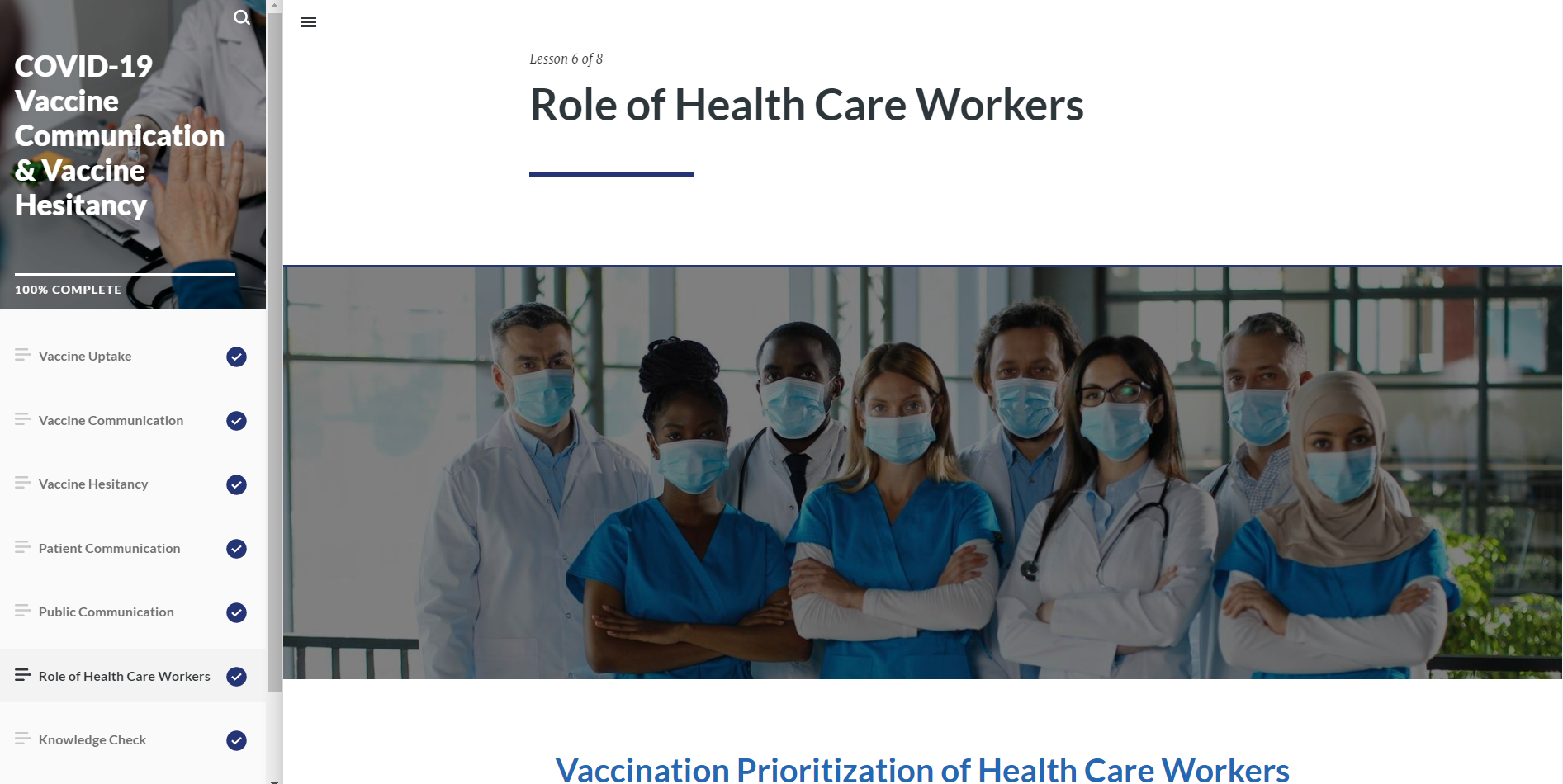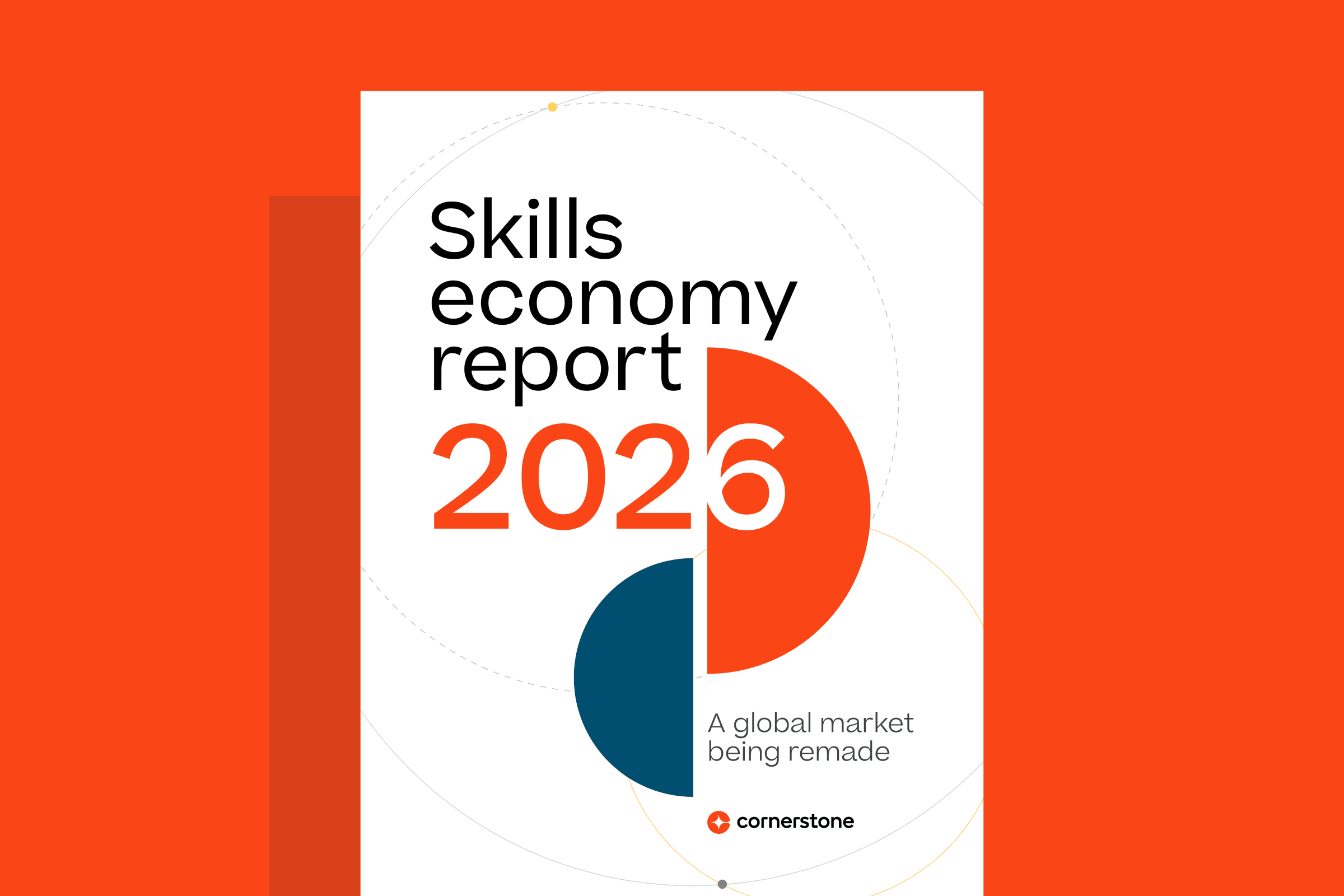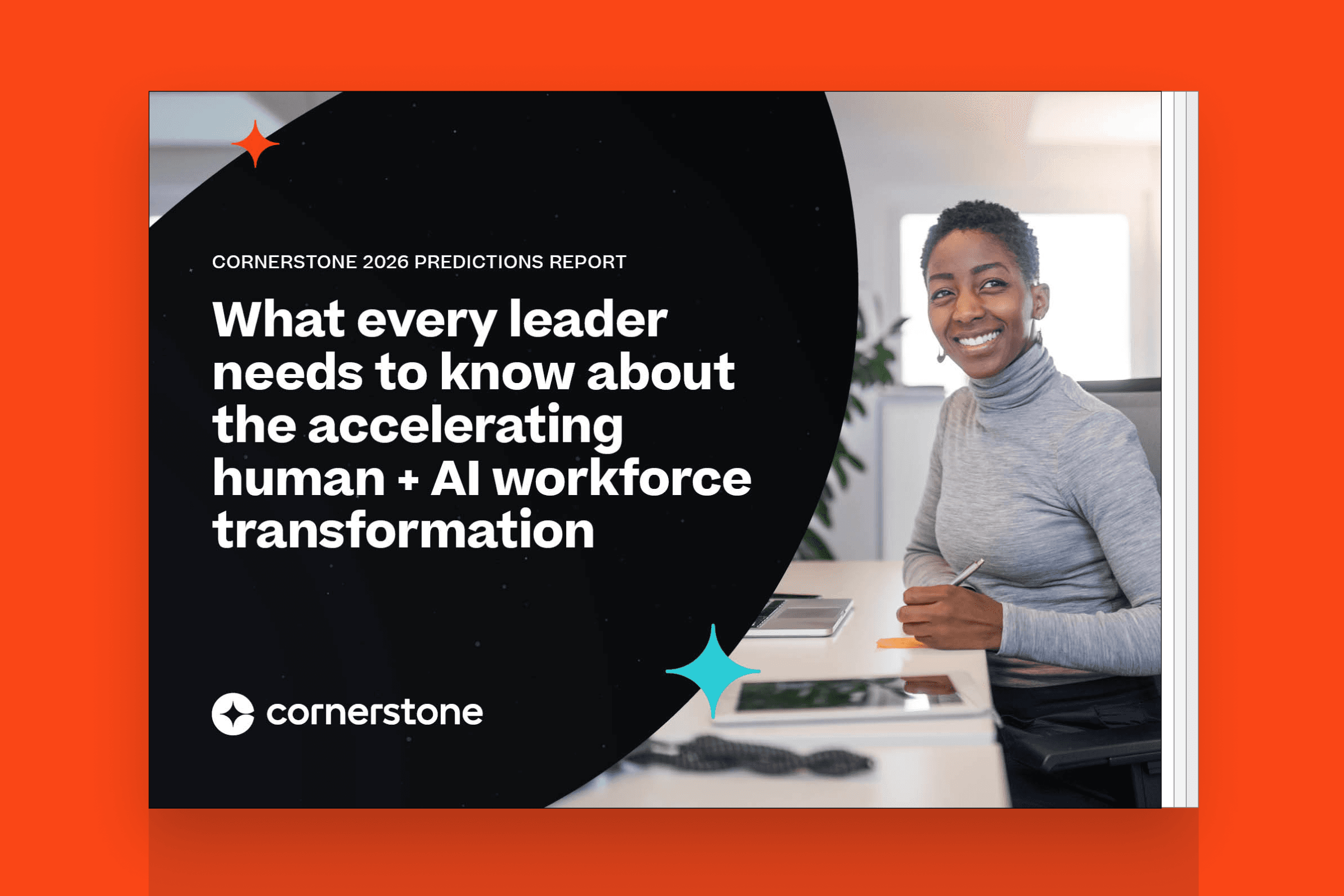It is heartbreaking to see the devastating impact COVID-19 is currently having in India and around the world. Just as infection rates, hospitalizations and deaths began to ease up in some places, new variants have emerged in others, bringing new waves and lockdowns.
This devastation has shown a bright light on the stark inequities in resource availability, including lifesaving health care equipment and vaccines. To get to the other side of this pandemic, the role that all nations need to play in the global vaccination efforts has become increasingly clear.
While countries with the resources to fund vaccine development and distribution have gotten a head start on vaccinating their own people, low- and middle-income countries have significantly more limited access to these vital resources. As of June 2, more than 1.94 billion doses of the COVID-19 vaccines have been administered worldwide. But the inequities are startling: 83% of shots have been given to people in high-income countries while only 0.3% of doses have been given in low-income countries.
The truth is: no country is safe until the world is safe. COVID-19 is a global issue and cannot be solved by country-specific vaccine campaign efforts.
David Zaikin, board advisor for the Sustainable Future Foundation, sums it up perfectly in this U.S. News article: “For richer countries, failing to look beyond their own interests is counterproductive and will delay the world's victory against COVID-19. It would also precipitate another crisis — without equal and fast distribution of vaccines to the most vulnerable nations, we're undoing decades of progress toward a sustainable future and a level playing field.”
Vaccine education is just as critical as distribution
According to a survey conducted by the World Bank, WHO, UNICEF, the Global Fund and Gavi of more than 100 low-and-middle-income countries, fewer than a third of the nations surveyed have programs in place to train the large number of health workers they’ll need to distribute the vaccine. And only 27% of the countries have social engagement strategies to encourage people to get vaccinated.
So while the growing efforts to increase vaccine manufacturing and distribution to nations with limited resources are vital to creating a more level playing field, there are two other equally important problems to address:
- The lack of training for health care workers on how to safely store and distribute the vaccines themselves
- The lack of acceptance of new vaccines around the world
To address this lack of acceptance of new vaccines, we need to further educate frontline health care workers, who can then support vaccine-reluctant patients.
Partnering to provide resources
Back in September 2020, we announced a new collaboration between the Cornerstone OnDemand Foundation, Project HOPE, SweetRush and Brown University to provide vital and urgently needed COVID-19 training courses through DisasterReady.org and in person to frontline health care personnel in remote areas. To date, more than 100,000 frontline health care workers have completed that training.
Today, we’re proud to share an important expansion of that partnership. Together with our colleagues from these organizations, we are releasing a three-part, 90-minute series of free, online courses that provides urgently needed COVID-19 vaccine education courses to frontline health care professionals. The courses cover:
- Evidence-based information and protocols necessary to handle the task of global vaccination, including the mechanics of equitable distribution
- The various prioritization and rollout strategies
- How the different COVID-19 vaccines work
- How to effectively communicate information about the vaccines to increase vaccine acceptance

How our partnership works
Project HOPE began this initiative by conducting in-person COVID-19 vaccination courses for qualified health care professionals on the ground in hot spot areas. They taught the health care professionals how to train other health workers within their networks, creating an ever-expanding training chain.
The Cornerstone OnDemand Foundation and SweetRush built self-paced, online training course content based on original research by professionals at the Center for Human Rights and Humanitarian Studies at the Watson Institute of Brown University. The courses were then made available for free on DisasterReady.org. The courses are easily accessible on all devices, including smartphones, and designed for areas with low bandwidth.
The partnership has made it possible for health care personnel in remote regions and low- and middle-income countries to learn vital skills on vaccine distribution as well as how to educate and support anyone reluctant to take the vaccine. Since the trainings were launched in late May, 1,500 people across 119 countries have registered for the courses.
Included in the three-part series is
- COVID-19 Vaccines (45 min)
- Learn the evidence-based information and protocols necessary to handle the task of global vaccination.
- COVID-19 Vaccine Communication and Hesitancy (20 min)
- Learn how you can be an effective spokesperson for informative vaccine communication and help stem the tide of vaccine hesitancy.
- COVID-19 Vaccine Access and Prioritization (25 min)
- Learn the mechanics of equitable distribution and access for those recommended for vaccination, the various prioritization and rollout strategies, and the role of the cold chain process.
How you can make an impact too
This partnership means so much to Cornerstone because it represents how we can all unite our strengths, technologies and talents to help solve global issues for the greater good.
As a global company founded on the principle of educating the world, we feel it’s our purpose and duty to apply that mission to COVID-19 vaccine education. Collaborations across all sectors — including nonprofits, governments, corporations and academia — are necessary to overcome this public health crisis today and navigate the challenges that we will face tomorrow.


